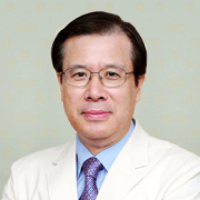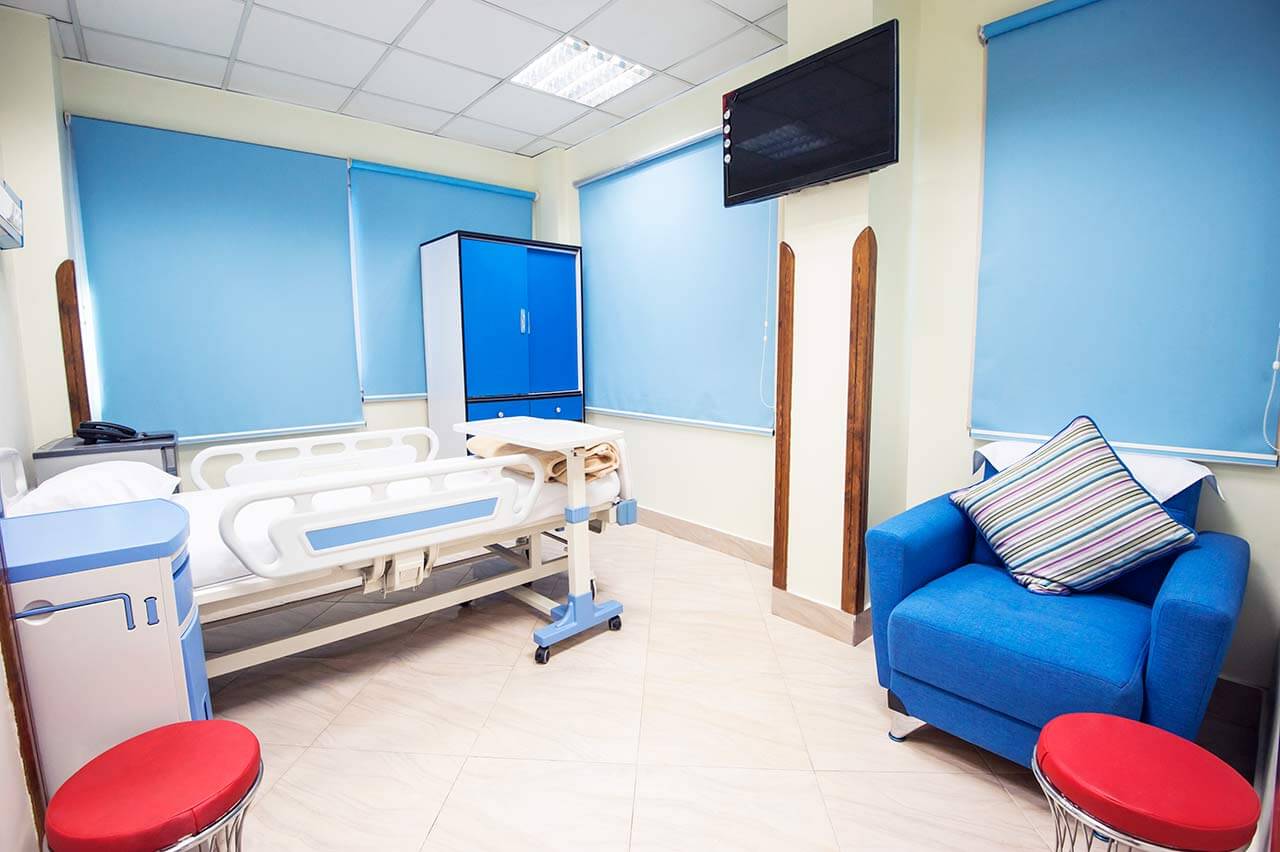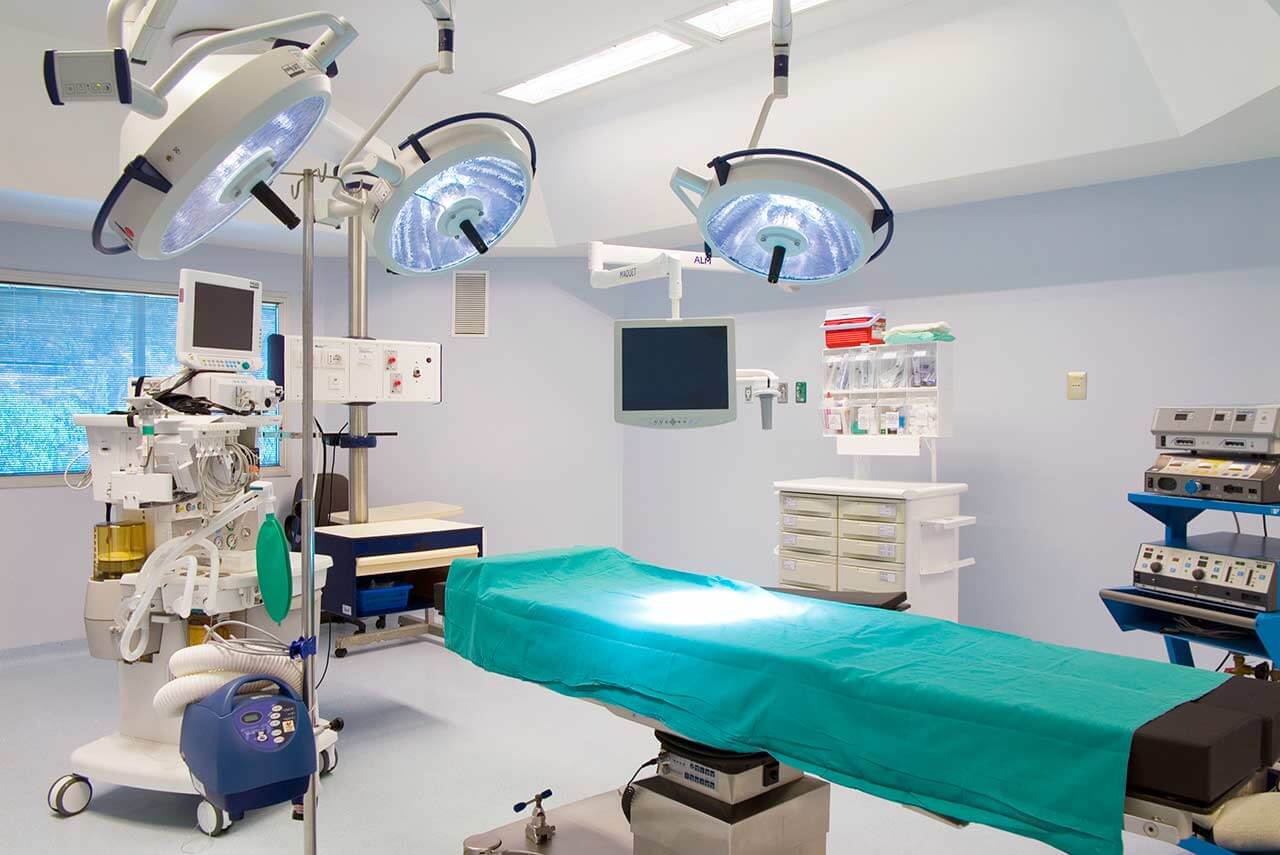
The program includes:
- Initial presentation in the clinic
- clinical history taking
- physical examination
- laboratory tests:
- complete blood count
- biochemical analysis of blood
- Lipid metabolism (HDL/LDL, cholesterol,
triglycerides Lip(a), homocysteine) - blood coagulation analysis (aPTT, PT, INR)
- inflammation indicators (CRP, ESR)
- metabolic status (uric acid, total glucose, HbA1c)
- cardiovascular disease risk markers
- kidney function test (creatinine, urea)
- TSH
- doppler/ duplex receptacles of lower extremities
- angio-MRI from aorta and of lower extremities
- duplex peripheral arteries
- daily wound care
- treatment with vacuum pump if indicated
- symptomatic treatment
- control examinations
- the cost of essential medicines and materials
- nursing services
- full hospital accommodation
- developing of further guidance
Required documents
- Medical records
- X-ray examination (if available)
Service
You may also book:
 BookingHealth Price from:
BookingHealth Price from:
About the department
The Department of Endocrinology, Diabetology and Metabolic Disorders at the Samsung Medical Center offers the full range of services in these medical fields. The department specializes in the treatment of hormonal disorders and tumors of the pituitary gland, adrenal glands, thyroid gland, gonads, parathyroid glands and pancreas. The department is headed by Prof. Dr. med.
Lee Moon Kyu.
The treatment of diabetes mellitus is provided within the framework of a specialized center, which develops individual, optimal treatment programs that can significantly improve the patient's quality of life. The scope of tasks of the medical team also includes treatment of complications of diabetes mellitus, for example, eye and kidney diseases. Much attention is paid to teaching patients the right way of life with diabetes mellitus.
At the moment, the department is actively engaged in the research on the development of a new insulin pump, which could automatically measure and regulate the patient's glucose level, like the artificial pancreas.
The range of medical services of the department:
- Diagnosis and treatment of diabetes mellitus, its complications
- Diagnosis and treatment of obesity
- Diagnosis and treatment of hyperlipidemia
- Diagnosis and treatment of all thyroid gland diseases
- Diagnosis and treatment of osteoporosis
- Treatment of oncological diseases of the pituitary gland, adrenal glands, thyroid gland, gonads, parathyroid glands and pancreas
- Special teaching programs for patients with diabetes mellitus
- Other services
Curriculum vitae
- Study of Medicine at the Seoul National University.
- Fellow of the Seoul National University Hospital.
- Residency at the Seoul National University Hospital.
- Internship at the Seoul National University Hospital.
- 1989 Postdoctoral fellowship, University of Utah, USA.
- 1991 - 1994 Postdoctoral fellowship, University of California, San Diego.
Clinical and Research Interests
- Diabetes mellitus.
- Metabolic syndrome.
- Stem cell research.
Membership in the Academic Societies
- 2006 - 2007 Board of International Relations, Korean Diabetes Association.
- 2005 - 2006 Research Board, Korean Diabetes Association.
- 2003 - 2004 Board of General Affairs, Korean Diabetes Association.
- 2005 - 2006 Editorial Board, Korean Society of Lipidology and Atherosclerosis.
Photo of the doctor: (c) Samsung Medical Center
About hospital
The Samsung Medical Center was founded in 1994 and soon won the reputation of a medical facility of presidential standards, which it still preserves today. The hospital has 40 departments, 10 specialized centers and a huge Cancer Center with 655 beds.
The medical facility is equipped with advanced equipment (for example, a 32-channel spiral magnetic resonance tomograph and Somatom computer tomograph), as well as with the picture archiving and communication system that provides the highest level of medical care. In addition, the hospital boasts state-of-the-art infrastructure and outstanding medical personnel, which makes every effort to provide the patient with comprehensive first-class medical care, create a friendly attitude, show understanding and sympathy. The hospital constantly develops, monitors all world innovations and is engaged in active research activities.
Thanks to the outstanding treatment results, the hospital has the highest rating and enjoys worldwide popularity. For example, survival rates after liver transplantation and hematopoietic stem cell transplantation in children are among the best in the world. Also, the clinic demonstrates excellent treatment results for oncological diseases and the best survival rates of very premature babies (born on the 25th week of pregnancy) with a weight of only 380 g. The survival rates of very premature babies exceeds 50%, and this result is considered the best in the world.
Thus, the Samsung Medical Center is one of the best hospitals in South Korea and all over the world, known for its comfort and high-quality treatment. The hospital has received many awards, including the award of the Ministry of Health and Social Welfare.
Photo: (с) depositphotos
Accommodation in hospital
Patients rooms
The patients of the Samsung Medical Center live in comfortable patient rooms made in a modern design. Also specially equipped rooms for patients with disabilities are offered. Each patient room is furnished with a comfortable bed, a bedside table, a telephone and TV. The hospital offers free Internet access.
The medical center has an excellent infrastructure: pharmacies, a gift shop, a beauty salon, a bank, a restaurant, a food court, cafeterias, prayer rooms for representatives of different faiths.
Meals and Menus
The medical center offers patients delicious and healthy three meals a day: buffet breakfast, a nutritious lunch and dinner. The menu features a variety of international dishes, including vegetarian ones. In addition, the hospital has several food courts, cafeterias and a restaurant, where one can also taste delicious food and drink either hot or refreshing drinks.
Further details
Standard rooms include:




